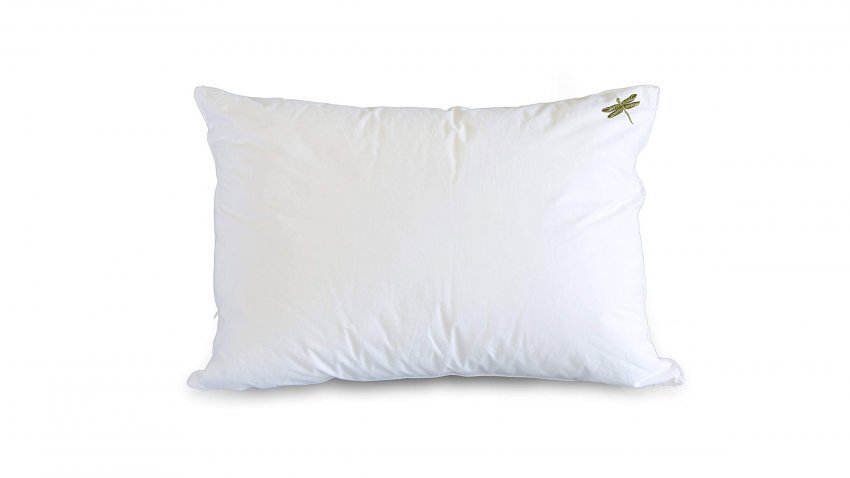For those who simply find it almost impossible to log a few hours of uninterrupted sleep
Photo by PNW Production/Pexels
The range of negative effects sleep deprivation entails is quite broad. There are the better-known ramifications such as having memory issues and trouble concentrating. But the rest of the list includes rather unexpected complications: a heightened risk of heart disease, stroke, and diabetes, weight gain, and a drop in testosterone levels. And to think that sleep deprivation isn’t exactly a rare problem.
According to the Healthy Living Index Survey, the Philippines has one of the highest sleep deprivation rates in Asia, with about 46 percent of Filipinos reporting that they don’t get enough sleep. It was also found that more than half of that percentage gets less than six hours of sleep.
Causes of sleep deprivation vary. Some people prioritize other activities over sleep, while there are those who simply find it almost impossible to log a few hours of uninterrupted slumber. If you’re part of the latter, know that new research and technologies are on your side. Here are a few science-backed self-care tips and gadgets that can give you better quality sleep:
Read
A study from the University of Sussex reports that reading a book may be one of the easiest, most effective ways to help you catch up on some sleep. The reason being that reading can reduce stress levels by about 60 percent. And it doesn’t take a couple chapters before you feel a book’s calming effects. “Reading for as little as six minutes is sufficient to reduce stress levels slowing heart beat, easing muscle tension, and altering the state of mind,” says study author Dr. David Lewis.
According to the Healthy Living Index Survey, the Philippines has one of the highest sleep deprivations rates in Asia, with about 46 percent of Filipinos reporting that they don’t get enough sleep. It was also found that more than half of that percentage gets less than six hours of sleep.
Try out these special pillows and blankets
A pillow specifically designed to help you power down is The Dreampad—a hypoallergenic pillow that induces relaxation by emitting soft music that are only audible to the person using it. Though it’s not guaranteed to make you fall asleep right away, it’s particularly useful for falling back to sleep in case you wake up in the middle of the night.

Another gadget is the Gravity Blanket: A heavy specialty blanket that can massively improve the quality of your sleep by increasing serotonin and melatonin levels and decreasing stress hormones. The blanket comes in three gradations of heaviness: 15, 20, or 25 pounds. The weight serves a therapeutic purpose—it helps relieve anxiety and puts you in a deeper sleep.
Exercise in the morning
It’s fair to assume that exercising an hour or two before you go to bed can help you relax right away—heavy shut-eye usually follows exhaustion. But as reported by The New York Times, exercising raises your body temperature, making it hard to get to sleep. But that doesn’t make exercising an ineffective strategy when it comes to improving sleep quality. The trick is to exercise in the morning. According to a study held at Fred Hutchinson Cancer Research Center in Seattle, “women who exercised averaged 70 percent better sleep, and women who stretched averaged 30 percent better sleep” than those who did not.
Take a warm bath or shower
Taking a warm bath or shower can dramatically improve the quality of sleep. But that’s if you do it in this specific time frame: around an hour and a half before you go to bed. This logic has to do with, again, body temperature. High temperatures make you feel alert, while low temperatures signal your body to doze off. “You don’t want to heat yourself up right before bed,” says Dr. Dianne Augell, a certified sleep specialist. By ensuring a time allowance, you give your body enough time to cool down.